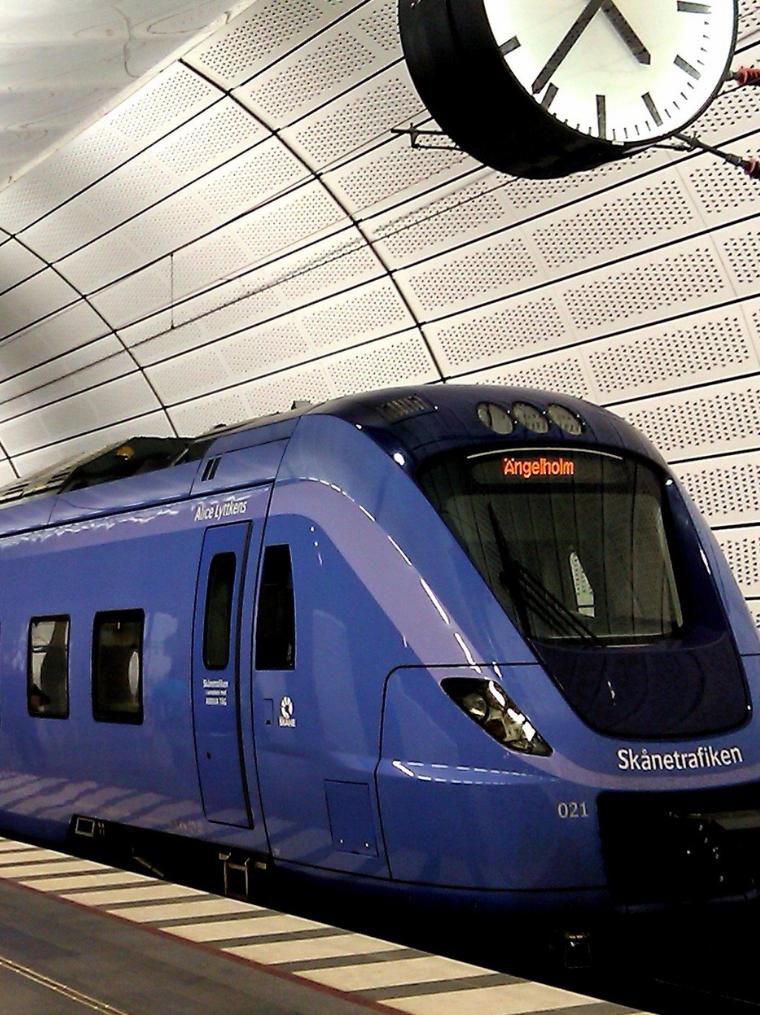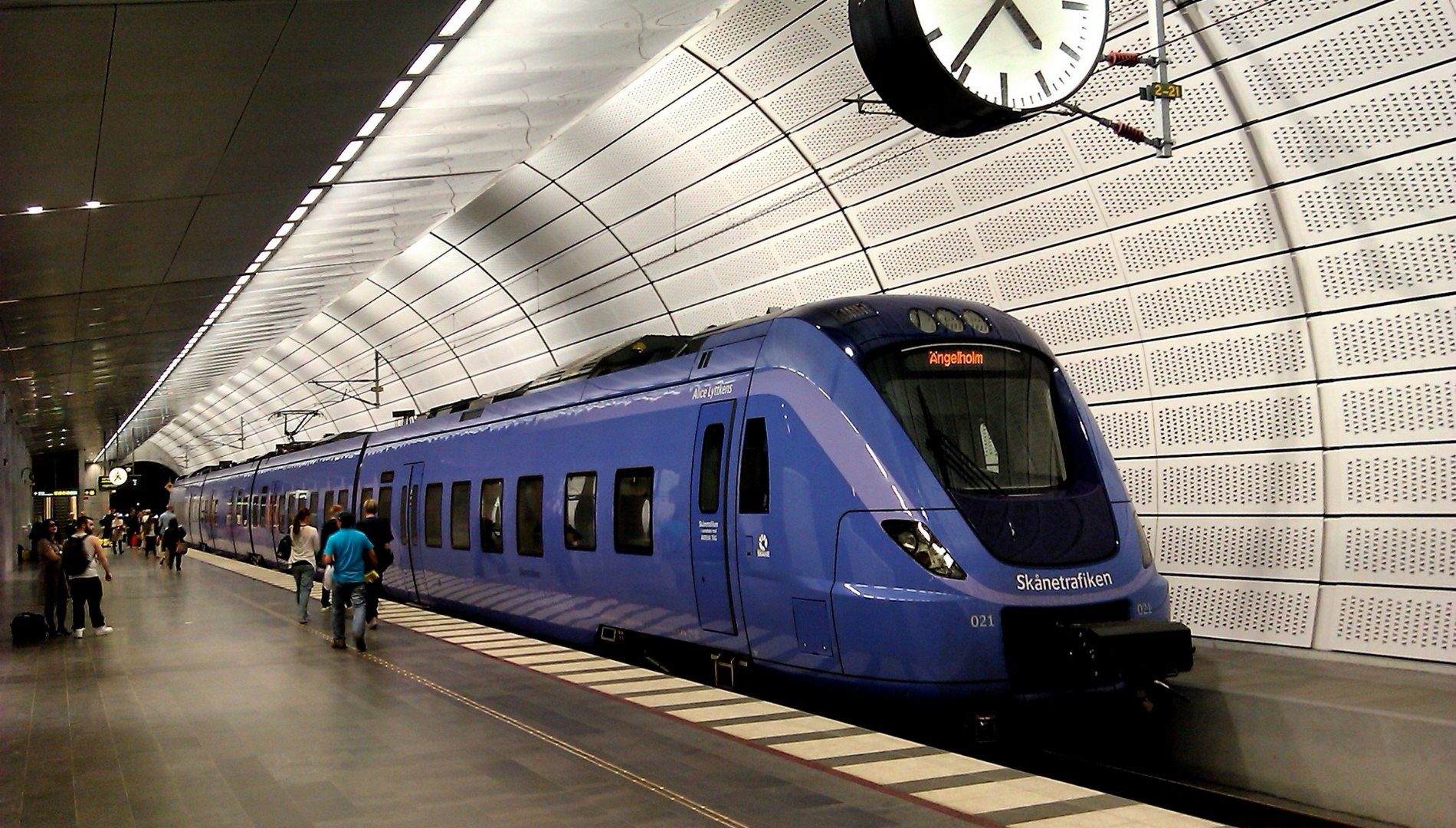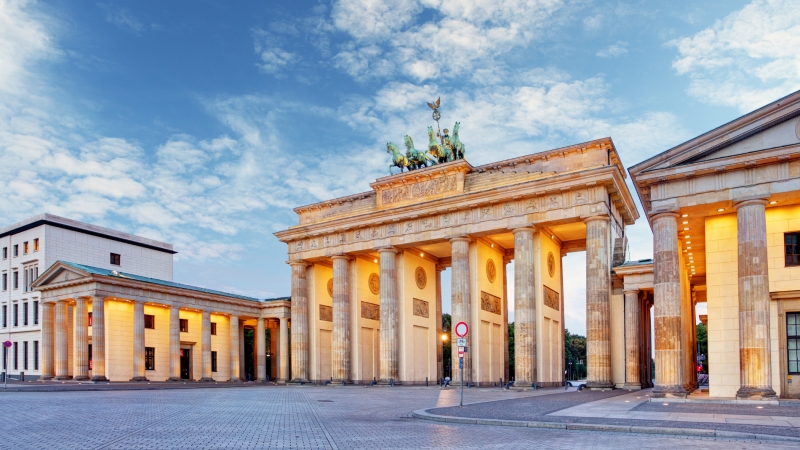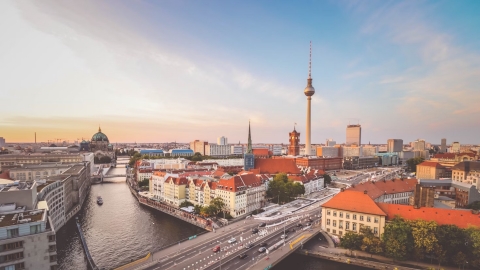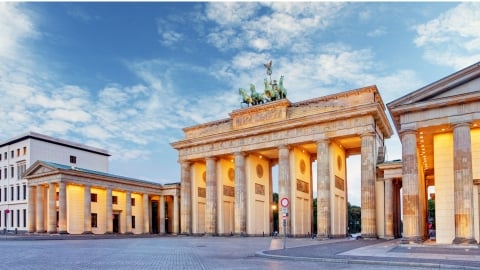While Germans are renowned for their punctuality to the point that it's become part of their national identity, Deutsche Bahn, a symbol of cutting-edge technology, frequently disappoints passengers who prioritize accuracy.
Where cutting-edge technology and delays go hand in hand.
Niclas Fullkrug, the German national team striker, found himself in a rather comical situation when he decided to take a high-speed train to attend a promotional photoshoot for the German national team ahead of EURO 2024. Despite departing early to ensure he arrived on time, repeated delay announcements on the train caused him to arrive much later than expected.
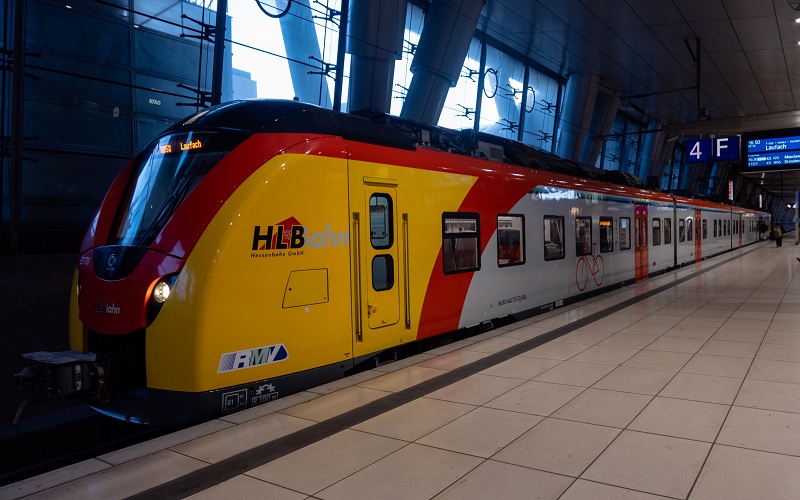
The subway system is considered to be deteriorating increasingly.
He set off early to ensure he arrived on time, but while this might sound counterintuitive, the truth is that Fullkrug was traveling on a "high-speed train," yet he still arrived "much later" than expected. Fullkrug wasn't being overly cautious when he decided to leave early. During the 500-kilometer journey, he constantly heard announcements about station delays from the train's loudspeakers. More importantly, passenger overcrowding wasn't the primary reason for this delay.
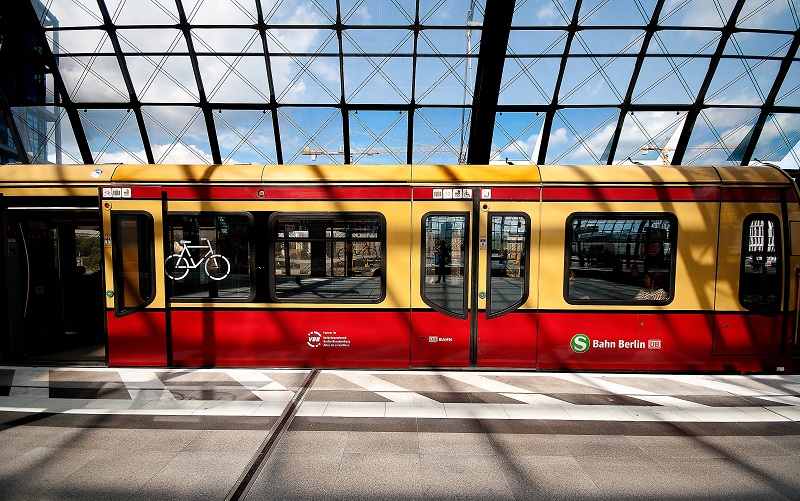
Train delays are causing concern among many people and are affecting German culture.
Germany, a country renowned for its discipline and punctuality, is facing a paradox: its subway system, a symbol of modern technology, frequently operates unreliably. This discrepancy between ideal and reality raises many questions about the quality of public services in a developed nation.
German railways: From a source of pride to a cause for concern.
Deutsche Bahn was once considered one of the factors contributing to the success of the 2006 World Cup in Germany. The high-speed rail system then operated smoothly thanks to a moderate number of international tourists, especially from outside Europe. But EURO 2024 is a different story, as Deutsche Bahn now has to transport people from 23 other European countries to Germany.
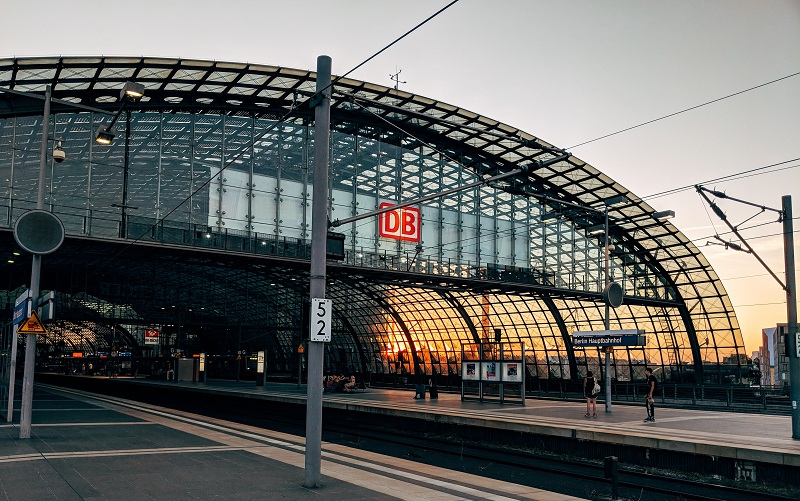
Some station areas and tracks are unusable during the upgrade period.
The Deutsche Bahn disaster began on June 14th, the same day as the opening of EURO 2024. The surge in passengers on all routes brought the entire German rail system to a standstill. Local authorities had informed train stations of the impending situation, but they were unable to alleviate it.
Germany boasts one of the most developed railway networks in the world. According to statistics from the German Ministry of Transport, the country's railway system has a total length of approximately 32,000 km, equivalent to four-fifths of the Earth's circumference. However, about half of these lines are over 70 years old and cannot be expanded or upgraded in the near future.
Germany's intricate network of old railway tracks means one thing: high-speed trains are forced to slow down whenever they travel on this system. Alongside the ever-increasing demand for passenger and freight transport, Deutsche Bahn is gradually experiencing delays. Delays of up to several hours are becoming increasingly common.
Official statistics from the German Ministry of Transport show that less than two-thirds of trains in Germany arrived on time in June 2024. This figure was 94% in Austria and 87% in France, respectively. The underlying reason for Germany's inability to upgrade its aging railway system stems from a lack of investment. The German government privatized the national railway company three decades ago, but failed to attract private investment. The government has only been able to address the issue to a limited extent, amidst a host of more pressing problems.
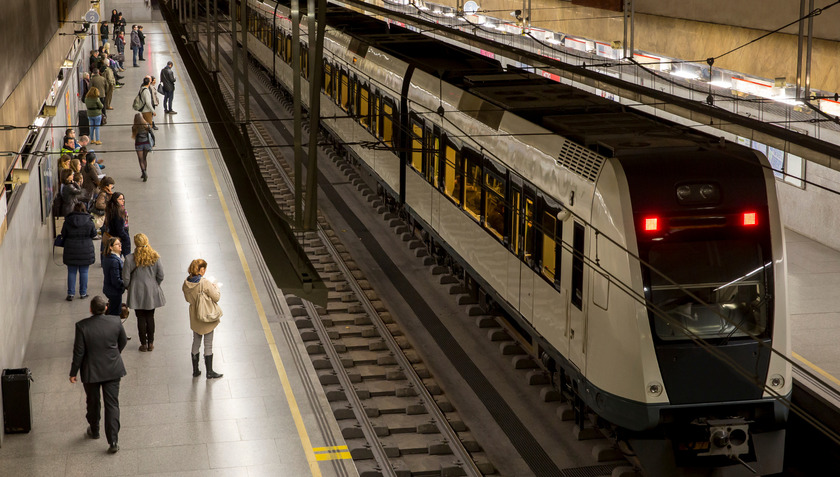
These railway lines are over 70 years old and cannot be expanded or upgraded in the near future.
According to estimates by the German government, they need approximately 40 billion euros to upgrade the entire old railway system. This money will come from the federal budget, combined with contributions from each state. Around 40 "high-priority" areas have been selected for the first upgrades, including repairing existing infrastructure as well as constructing new parallel tracks.
During the period when many Deutsche Bahn stations and tracks were being upgraded, the German government warned that congestion could worsen. This was because some stations and tracks were unusable during the upgrades. This resulted in a continued increase in passenger traffic using the old infrastructure, leading to increased delays.

 VI
VI EN
EN



